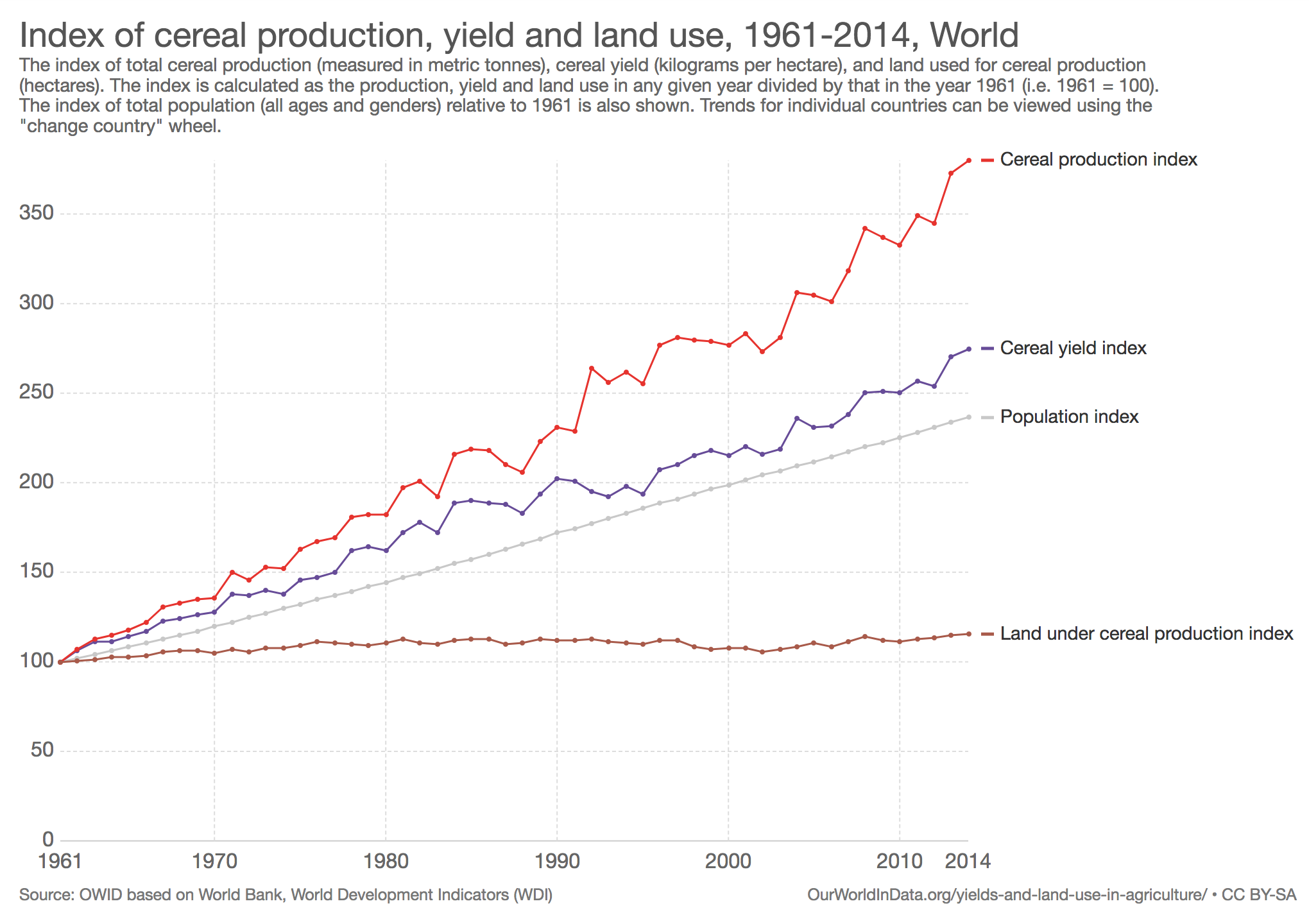Let's not actually report what these groups are really doing

(not you, myth, but the questionable source of unreliable information). I looked up only one of the agencies because sources like this like to make up committees and agencies to prop up their

claims.
The Food and Agriculture Organization of United Nations does exist and here is its Key Facts and Findings on the topic:
https://www.fao.org/news/story/en/item/197623/icode/
And here is part of the information regarding how methane gas from ruminants can be decreased (nothing to do with abolishing farming):
Efficient practices key to reducing emissions
There is a direct link between GHG emission intensities and the efficiency with which producers use natural resources, i.e. the amount of natural resources engaged in animal production, per unit of edible or non-edible output. For livestock production systems, nitrous oxide, methane and carbon dioxide emissions are losses of nitrogen, energy and organic matter that undermine efficiency and productivity. Possible interventions to reduce emissions are therefore to a large extent based on technologies and practices that improve production efficiency at animal and herd levels.
While mitigation interventions will need to be tailored to local objectives and conditions, currently available mitigation options discussed in FAO’s assessment include:
For ruminants –
cows, mainly -- the greatest promise involves improving animal and herd efficiency. This includes using better feeds and feeding techniques, which can reduce methane (CH4) generated during digestion as well as the amount of CH4 and nitrous oxide (N2O) released by decomposing manure.
Improved breeding and animal health interventions to allow herd sizes to shrink (meaning fewer, more productive animals) will also help. And manure management that ensures recovery and recycling of nutrients and energy, plus the use of energy saving devices, also have a role to play.
Additionally, better management of grazing lands could improve productivity and create carbon sinks with the potential to help offset livestock sector emissions.
In monogastric production – primarily
poultry and pig farming –“precision feeding,” breeding, and better animal health care offer ways to reduce emissions due to feed production and manure management. Switching to feed sources whose production is less energy-intensive, and to more sustainable sources of power would allow additional cuts.



 (not you, myth, but the questionable source of unreliable information). I looked up only one of the agencies because sources like this like to make up committees and agencies to prop up their
(not you, myth, but the questionable source of unreliable information). I looked up only one of the agencies because sources like this like to make up committees and agencies to prop up their